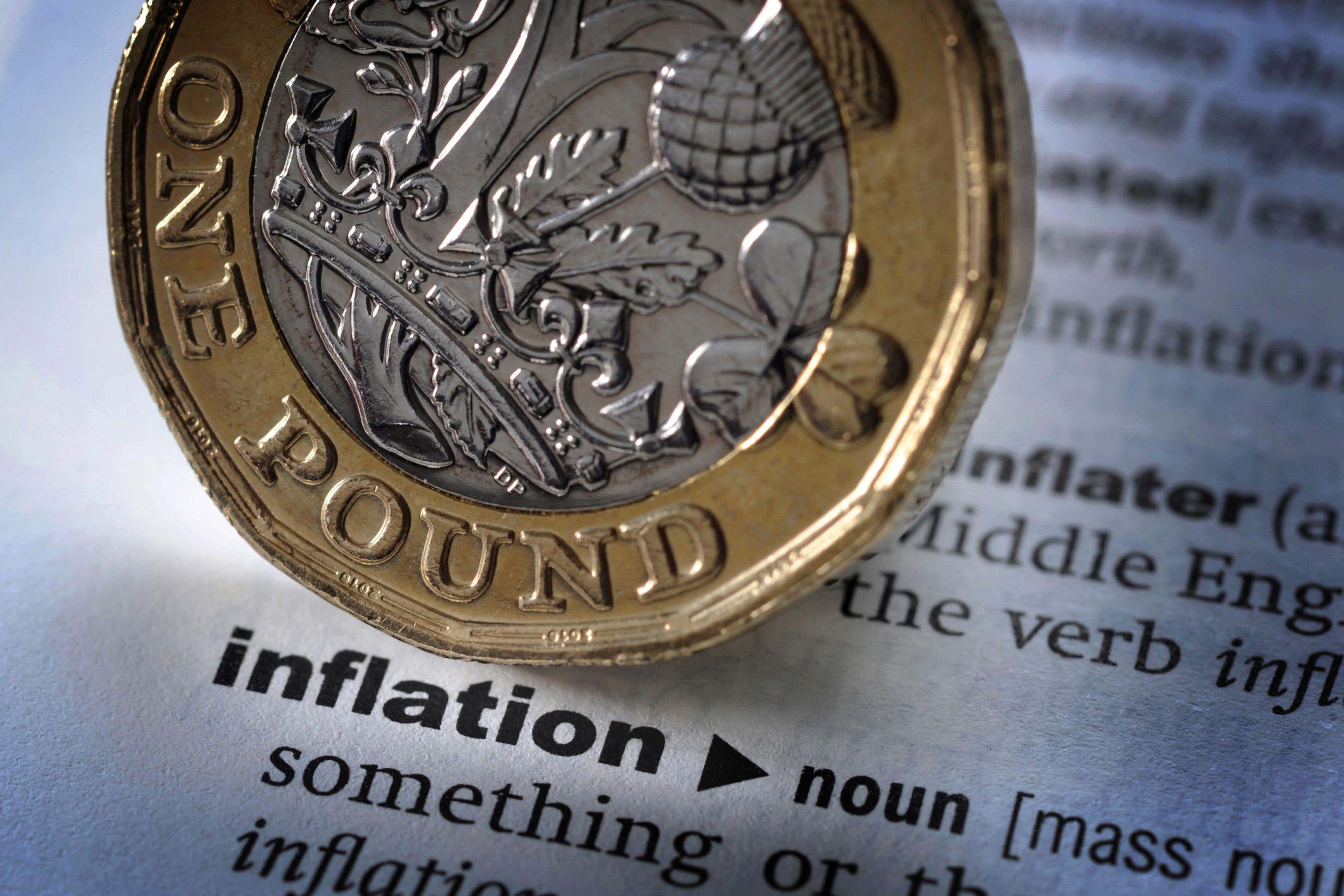Well done for bringing down inflation, Rishi – now for the hard bit
As the inflation rate shrinks by half, the PM has made good on one of his ‘five priorities’ for the year. Yes, he got lucky, writes James Moore, but he deserves some credit, too


At least Rishi Sunak has won one of his big gambles this week. Not the reshuffle – time will tell on that.
October’s inflation rate tumbled to 4.6 per cent, down from 6.7 per cent the previous month. Sunak’s promise, to halve the rate by the end of the year, had thus been met – early.
The City had expected good news, but not that good: per the consensus, compiled by Reuters, it had pencilled in 4.8 per cent. Rather, it’s now at the lowest level since October 2021.
Food has recently eclipsed fuel in keeping inflation high, but its October rate fell to 10.1 per cent compared to 12.2 in September. Domestic fuel bills also remain elevated, but the pressure there has eased, too. They contributed to a rare 3.5 per cent fall in the price of what the Office for National Statistics describes as “household services”.

The good news didn’t end there. The closely watched core inflation, which strips out volatile components such as food, energy and tobacco prices, fell to 5.7 per cent from 6.1 per cent, another better-than-expected result. The Bank of England’s rate-setting Monetary Policy Committee (MPC) also watches service sector inflation very closely, given its importance to the UK economy. It declined to 6.6 per cent, from 6.9 per cent – which is still high, but welcome nonetheless.
When Sunak first pledged to halve inflation, it was arguably one of the more rash promises a British prime minister has made in recent years. He made himself a hostage to fortune, prey to global economic forces. That the target promise has been kept is partly because he got lucky, through the work of the MPC. But credit where it’s due – it is also partly because Sunak and his chancellor, Jeremy Hunt, have been careful to keep fiscal policy aligned with monetary policy.
Despite pressure from their backbenchers, they have resisted calls for early tax cuts, which would have added a lit match to the petrol spill. They have thus avoided the fatal mistake made by Liz Truss and Kwasi Kwarteng and restored some of the market confidence that the hapless duo conspired to lose.
But the MPC’s job is by no means complete. “Much too high” was the downbeat verdict on the inflation news of the Bank’s chief economist, Huw Pill. His view was based on the Bank’s target of 2 per cent. It will not consider cutting interest rates from the current 5.25 per cent until inflation is “sustainably” holding at something close to its sweet spot.
We’re not there yet, though take note that, at the news of the fall in inflation, sterling fell against the dollar. The currency markets have decided that Threadneedle Street is at least done with raising interest rates.
But it is still just high enough to be strangling the economy. Businesses, especially small businesses, have been crying out for relief as much as have the nation’s embattled mortgage holders. When might that come?
Janet Mui, head of market analysis at broker RBC Brewin Dolphin, said markets are “pricing in a rate cut from June 2024”. Even if they are right – and that date looks like a decent bet – rates will not fall quickly.
Hunt, whose autumn statement looms large, will therefore likely have to remain cautious. Having done the hard work in aligning the government’s fiscal policy with the MPC’s monetary policy, the worst thing he could do would be to unwind that.
James Smith, research director at think tank the Resolution Foundation, also pointed out that lately, there has been little enough cause for celebration. Over the past two years, “the cost of energy has surged by 49 per cent, while food prices have risen by 28 per cent”. That far outstrips the 14 per cent rise in average earnings over the period.
Lower-income households have experienced the greatest hit to their living standards. This is where relief is most needed, and where the chancellor really ought to focus his efforts. Small businesses could use a boost, too. An election is looming – how long will he continue to resist the more populist measures?
Join our commenting forum
Join thought-provoking conversations, follow other Independent readers and see their replies
Comments
Bookmark popover
Removed from bookmarks